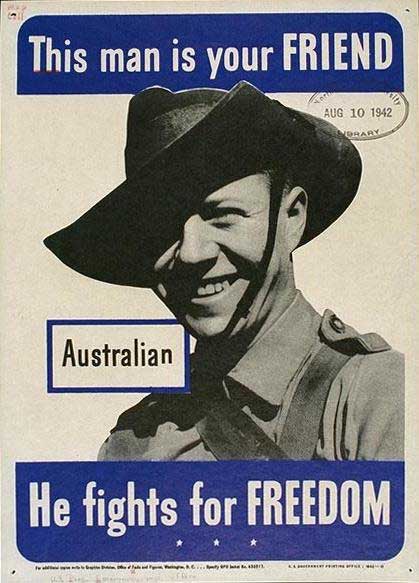Export controls are probably the least popular, but most important component of nonproliferation policy. They are the where the 'rubber meets the road' when it comes to stopping the flow of technology, weapons and money to proliferators, terrorists and other 'evil-doers.' Despite being both the largest economy and the largest manufacturer in the world, the United States has one of the most obtrusive and tight-fisted export control regimes as well.
Some would argue that this is the result of America's obsession with proliferation and its preference for trade sanctions as punishment, but that is a story for another day...
Booking Danno

So here is the situation: Vermont cop sees kid out tipping cows and a chase ensues. Kid crosses the Canadian border and the cop follows in hot pursuit. Cop loses kid and attempts to return to the U.S., but is arrested by Immigration and Customs Enforcement.
What was his offense, you may ask? Was it his hot pursuit into another sovereign state? No, but he did violate the Arms Export Control Act by bringing his sidearm across the border without either first obtaining an export license from the State Department or declaring it to U.S. customs agents.
Thankfully this situation has yet to occur, but in order to head-off this potentially embarrassing diplomatic incident, the U.S. and Canada are hammering out an international agreement to cover such an eventuality.
Just how far does that 'special relationship' go?
One of Tony Blair's last actions as the British Prime Minister was to quietly sign a defense cooperation treaty with the U.S. that will supposed loosen some of the export restrictions that have been hampering some security cooperation. This is an issue my office in the Pentagon deals with all the time because of the UK's close involvement in FCS and the F-35.
Back in late 2005-early 2006, the UK almost pulled out of the F-35 program after having invested $2 billion in the fighter's development. This was largely because the U.S. was refused to let the Ministry of Defense or British defense contractors hired to performance maintenance and upgrades on the F-35's on board software. The flap was eventually deflated with an agreement that guaranteed access to enough technology to give the British 'operational sovereignty' over their fleet of fighters.
One of the key hang-ups over this issue is how the U.S. and UK define exports. Under the U.S.'s International Trafficking in Arms Regulation, an export occurs whenever you give a controlled item or piece of information to a foreign person, firm or government. The UK system, on the other hand, merely applies the movement of items and information across geographical locations. The key difference here being that giving a foreign an U.S. export-controlled item in the U.S. constitutes an export, but the same would not be true of UK export-controlled items in the UK. This largely stems from the fact that the UK, like Canada and many European nations, cannot discriminate on the basis of nationality (i.e. dual citizens and non-permanent residents), whereas the U.S. does.
The interesting part of this latest agreement is the extent to which the UK is doing back flips in order to relieve export license requirements. The exact text of the treaty hasn't been released yet (we don't even have a copy at work), but the Society for British Aerospace Companies released a summary of its high points. I was particularly surprised to read the following paragraph:
Currently, information and material supplied by the US to the UK is usually passed under individual export licenses issued by the US Government to the exporter. This is protected by the receiving company in the UK as part of its contractual relationship with the US supplier, but this protection is not subject to UK legal constraints. In future, information and material supplied from the US under the treaty will have a UK security classification attached to it, which means that its handling is subject to the UK Official Secrets Act (OSA) and therefore enforcement action by HMG in the event of any transgression. This is a major departure for HMG, which has hitherto not offered any UK-based legal protection for the handling of material exported under license from the US. The step is particularly significant as the OSA covers any unauthorised transmission of classified items, irrespective of where it happens geographically or of the nationality of the recipient, whereas UK export controls apply only to the physical transmission of items outside of the UK. The significance of this step by HMG should not be under-estimated, but the British government believes it to be justified as an enabler for an improvement in the flow of sensitive material between the UK and US.
So if SBAC is reading the treaty correctly, the UK has gotten around the difference in our two export control regimes by agreeing to treat U.S.-origin export-controlled information and items as if it were classified -- even if it was not classified by the U.S. government. This extra layer of protection will apparently be enough to allow for unrestricted retransfer within an 'approved community' in the UK.
I won't comment on the UK's decision, but I will say this: Does anyone know the name of the firm that makes classified information safes for the UK government? It is time to invest in that company's stock because this treaty will lead to an explosion in the amount of classified information held by the UK government and its defense contractors.


